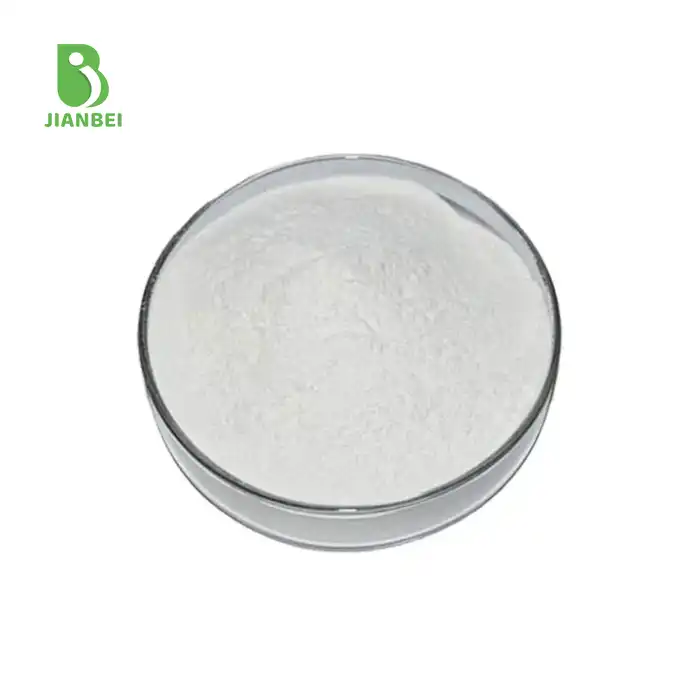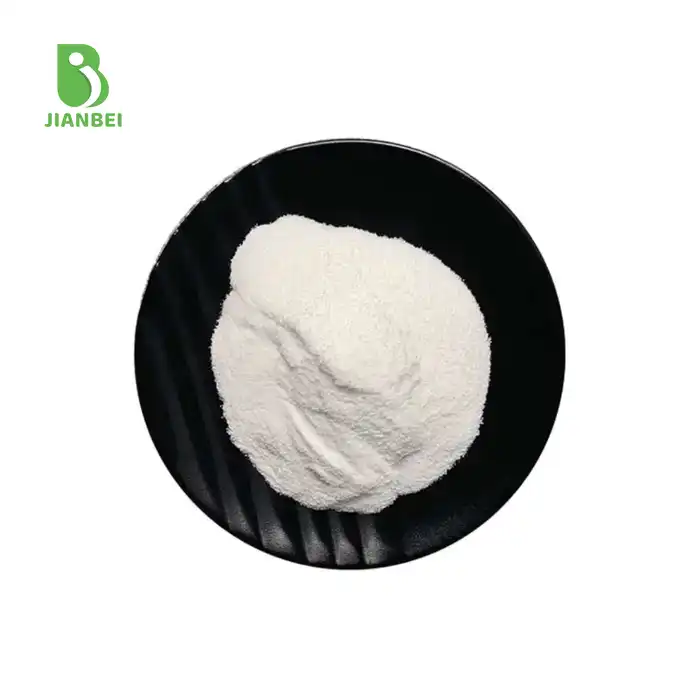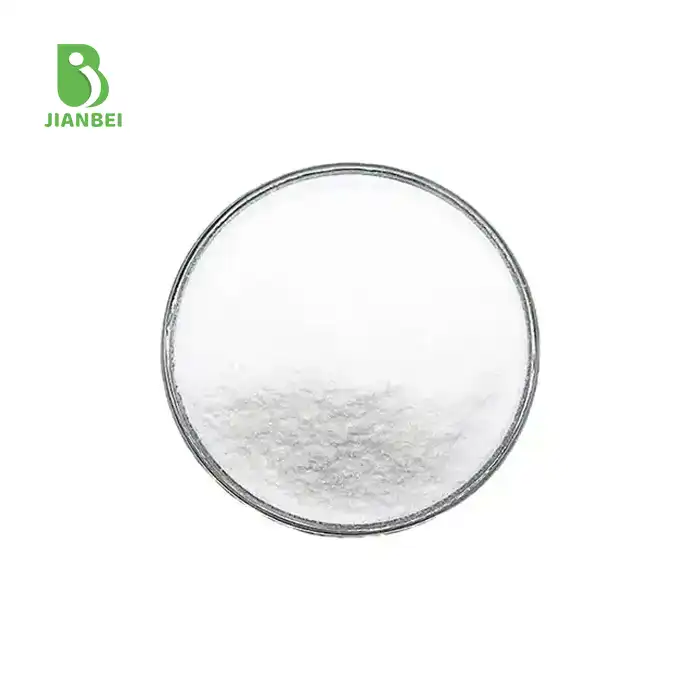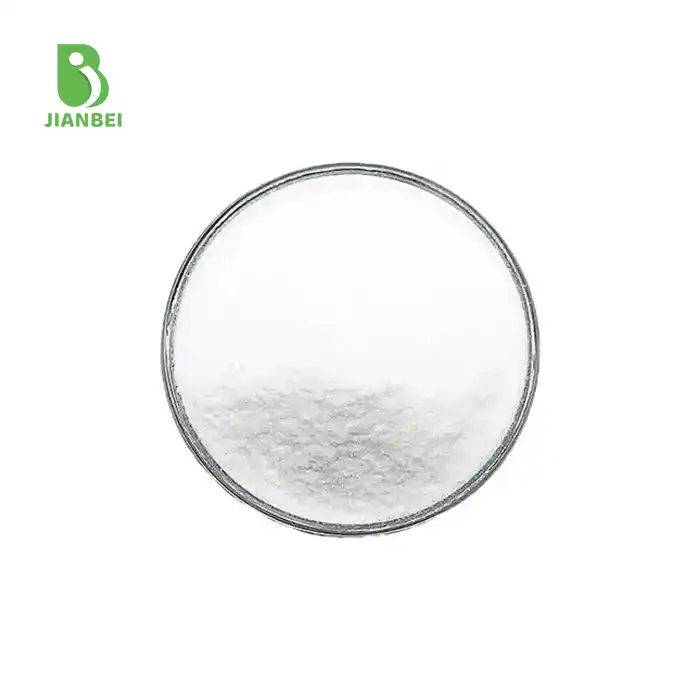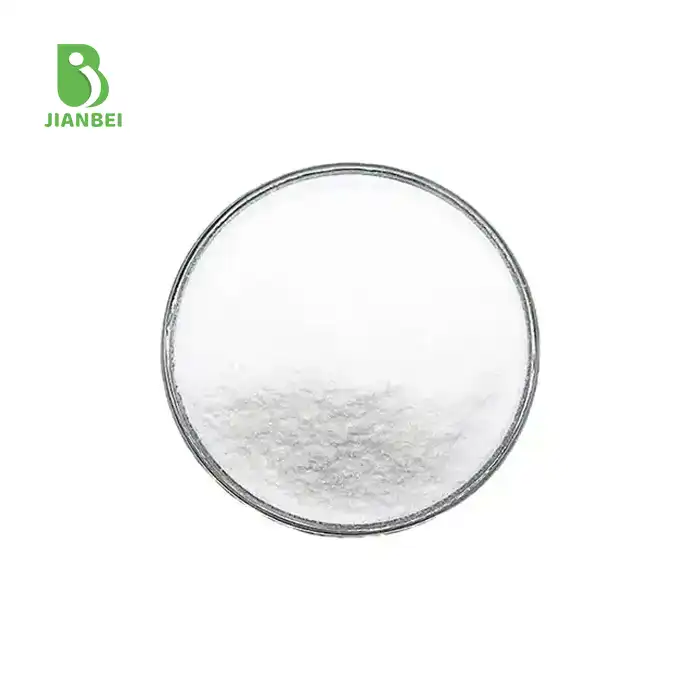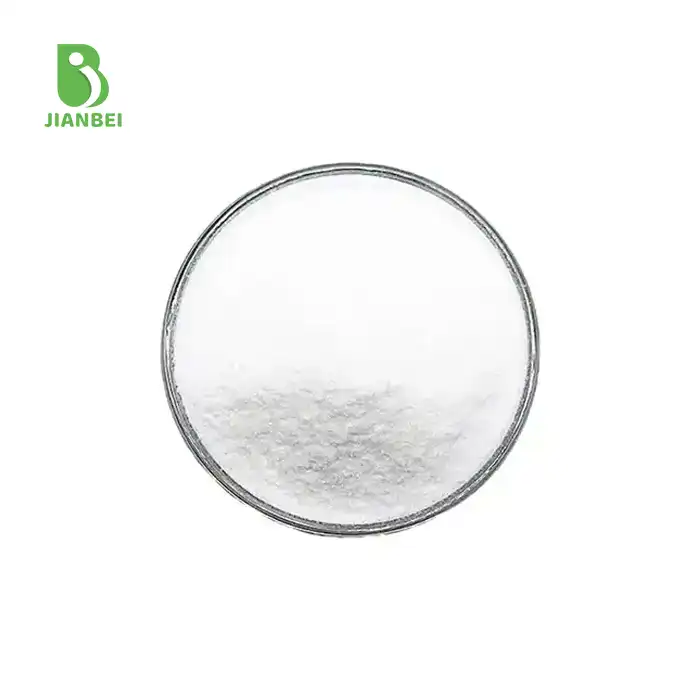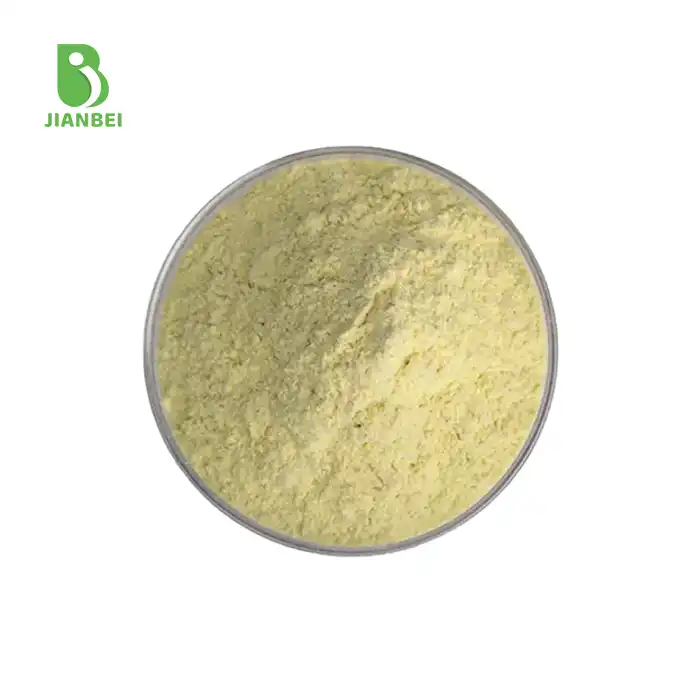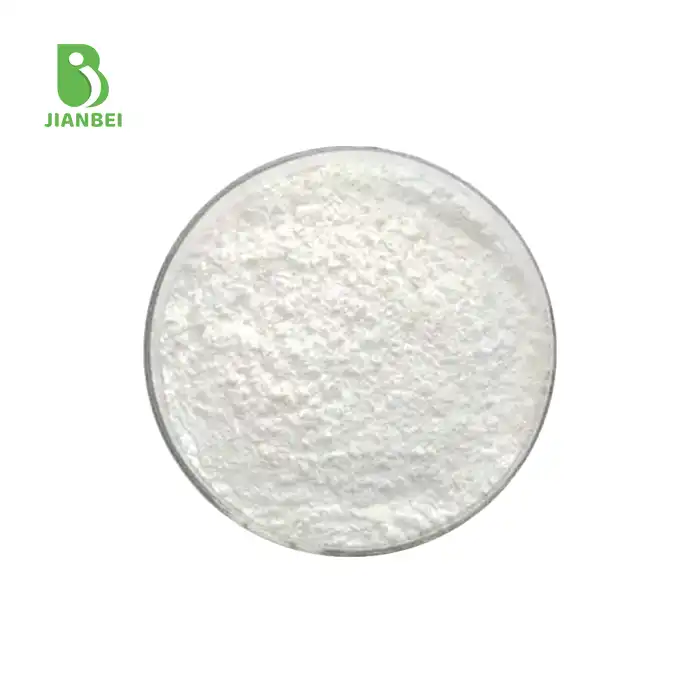Sibutramine powder is a synthetic compound used as a food additive ingredient in the field of weight management. It plays a vital role in supporting fat loss by modulating neurotransmitter activity, specifically targeting appetite and energy regulation. By helping reduce food intake and enhancing calorie expenditure, sibutramine powder assists in establishing a caloric deficit, which is essential for effective weight reduction. As part of Guangzhou Jianbei Biotechnology Co., Ltd.'s specialized portfolio, it remains a critical component in tailored formulations designed for clients in the chemical raw materials and food additive sectors.
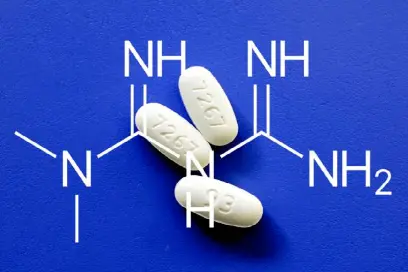
How Does Sibutramine Powder Promote Fat Loss?
Sibutramine powder influences weight management through a well-researched neurological mechanism. Its effects begin in the central nervous system, where it works by inhibiting the reuptake of certain monoamine neurotransmitters, such as serotonin, norepinephrine, and dopamine. This classifies it as a monoamine reuptake inhibitor, which alters how the brain signals hunger and satiety.
Modulating Appetite Through Neurochemical Influence
At the heart of sibutramine powder’s fat-burning capability lies its appetite-suppressing action. When norepinephrine and serotonin levels remain elevated in the synaptic clefts, individuals tend to feel full after smaller meals. This leads to a spontaneous reduction in food intake without the discomfort often associated with dieting. By curbing hunger signals, the compound supports adherence to weight loss programs over extended periods.
Encouraging Energy Expenditure and Thermogenesis
Beyond appetite control, sibutramine has been observed to stimulate thermogenesis — the body’s heat-production process linked to calorie burning. When thermogenesis increases, metabolic rate accelerates, even at rest. This phenomenon plays a subtle but meaningful role in amplifying fat oxidation, especially during light physical activity or a caloric restriction phase.
Supporting Behavioral Weight Loss Interventions
In conjunction with lifestyle modifications, such as reduced caloric intake and physical activity, sibutramine powder strengthens the behavioral components of weight loss. By lowering food cravings and emotional triggers for binge eating, it helps reduce relapse, allowing users to build consistent, sustainable habits.

What’s the Proper Dosage of Sibutramine Powder?
The effectiveness and safety of sibutramine powder are highly dependent on correct dosage and application. In research and additive formulation settings, precision is vital. Misuse or unsupervised administration may result in adverse reactions, particularly related to cardiovascular function.
Determining the Appropriate Intake Range
In scientific literature, effective dosing has typically ranged between 5 to 15 milligrams per day. These figures are derived from clinical observations involving regulated pharmaceutical preparations, not direct ingestion of the raw powder. For food additive applications, the dosage must be formulated within compound systems and evaluated for stability, bioavailability, and end-product safety. Manufacturers like Jianbei Biotechnology employ stringent quality protocols to meet these standards.
Understanding Individual Sensitivity
People's responses to active compounds vary depending on factors such as metabolism, body mass, age, and pre-existing health conditions. Since sibutramine powder influences neurotransmitter activity, excessive stimulation could result in an elevated heart rate or increased blood pressure, especially in sensitive individuals. To maximize its benefits while minimizing risks, it is essential that sibutramine is carefully integrated into food systems. Strict regulation and controlled usage are necessary to ensure safety and effectiveness for all users.
Tailor-Made Formulations for Client-Specific Needs
As part of its mission to deliver customized solutions, Guangzhou Jianbei Biotechnology Co., Ltd. provides clients with expert guidance in dosage optimization. Their advanced production systems allow for accurate blending of sibutramine with complementary ingredients, creating safe and effective formulations for businesses in the dietary supplement and health product industries.
Sibutramine Powder vs Other Weight Loss Agents
In the highly competitive landscape of weight management ingredients, sibutramine powder stands out due to its dual-action benefits — appetite suppression and metabolic enhancement. However, a meaningful comparison with other agents can help contextualize its strengths and limitations.
Contrasting With Thermogenic Stimulants
Unlike stimulants like caffeine or capsaicin-based thermogenics, which work by directly affecting the heart rate and body temperature, sibutramine primarily acts on the central nervous system. It influences neurochemical pathways to achieve similar results, such as enhanced appetite control and weight management. This central action can offer a gentler approach for some individuals, reducing the nervous side effects commonly associated with other stimulants while still promoting effective weight loss outcomes.
Compared to Lipase Inhibitors
Lipase inhibitors, such as orlistat, function by blocking fat absorption in the digestive system, which can sometimes cause gastrointestinal discomfort and necessitate careful monitoring of fat intake. In contrast, sibutramine works differently by targeting the brain’s appetite-regulating mechanisms. It influences eating behavior, offering a more behavioral and hormonal approach to weight loss. This method can potentially reduce the discomfort associated with fat absorption blockers while still helping manage weight effectively.
Advantages Over Natural Plant-Based Additives
Natural extracts such as green tea, garcinia cambogia, and raspberry ketones have milder effects. While often considered safer due to their herbal origin, their efficacy varies widely across users. Sibutramine powder provides a more consistent and potent weight loss mechanism, albeit requiring more cautious formulation and control.
In high-tech additive applications, potency and predictability are key. Clients looking for measurable outcomes often prefer a solution that includes sibutramine due to its reliable effects and compatibility with other fat-loss agents when professionally blended.

Conclusion
Sibutramine powder continues to be a significant asset in the development of advanced weight loss solutions, especially when applied responsibly in custom formulations. From appetite suppression to boosting metabolism, its comprehensive impact on fat loss has made it a preferred compound among professionals in the food additive and nutritional supplement industries. Guangzhou Jianbei Biotechnology Co., Ltd. is at the forefront of this innovation, offering bespoke solutions that meet rigorous quality standards. For collaboration or to learn more about this compound and how it can enhance your product line, reach out via email at h33727868@gmail.com.
References
1. Bray GA, Greenway FL. “Pharmacological treatment of the overweight patient.” Pharmacol Rev.
2. James WP et al. “Effect of sibutramine on weight maintenance after weight loss: a randomized trial.” Lancet.
3. Yanovski SZ, Yanovski JA. “Obesity treatment in primary care.” JAMA.
4. Li Z, Maglione M, Tu W, et al. “Meta-analysis: pharmacologic treatment of obesity.” Ann Intern Med.
5. Padwal R, Li SK, Lau DC. “Long-term pharmacotherapy for obesity and overweight.” Cochrane Review.
6. Seagle HM et al. “Guidelines for weight management programs in adults.” Am J Clin Nutr.










